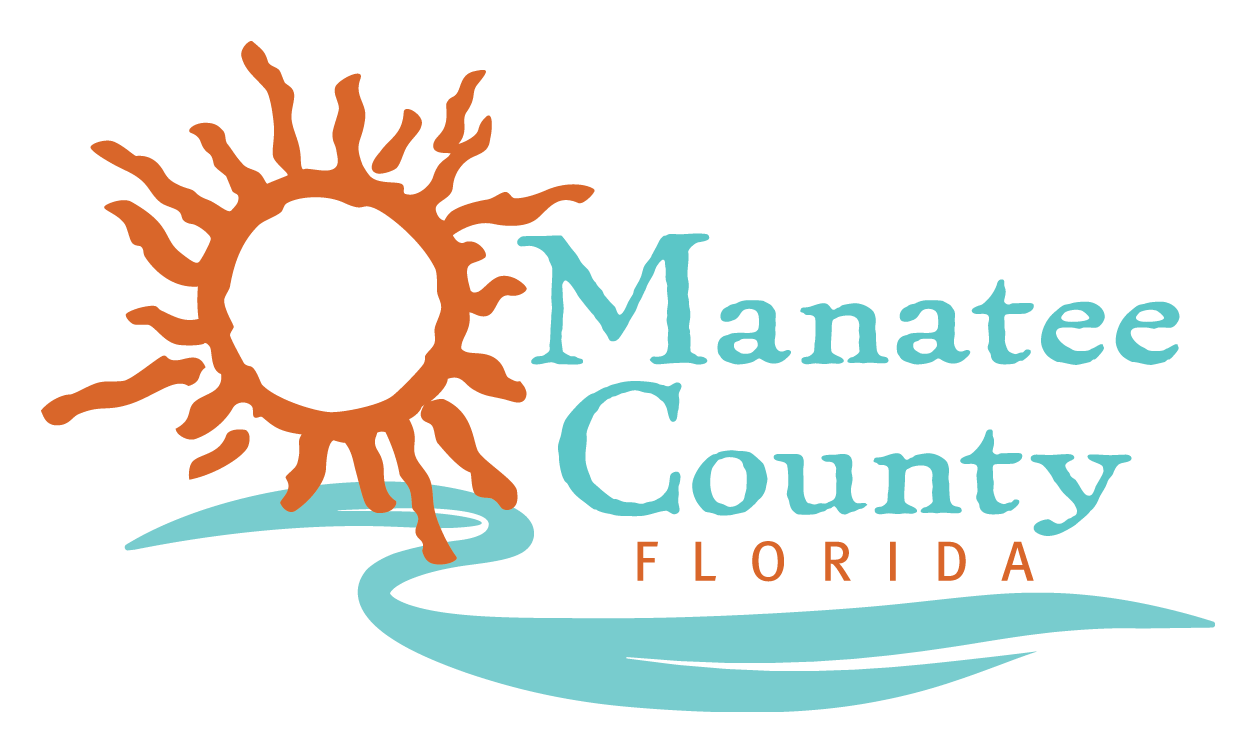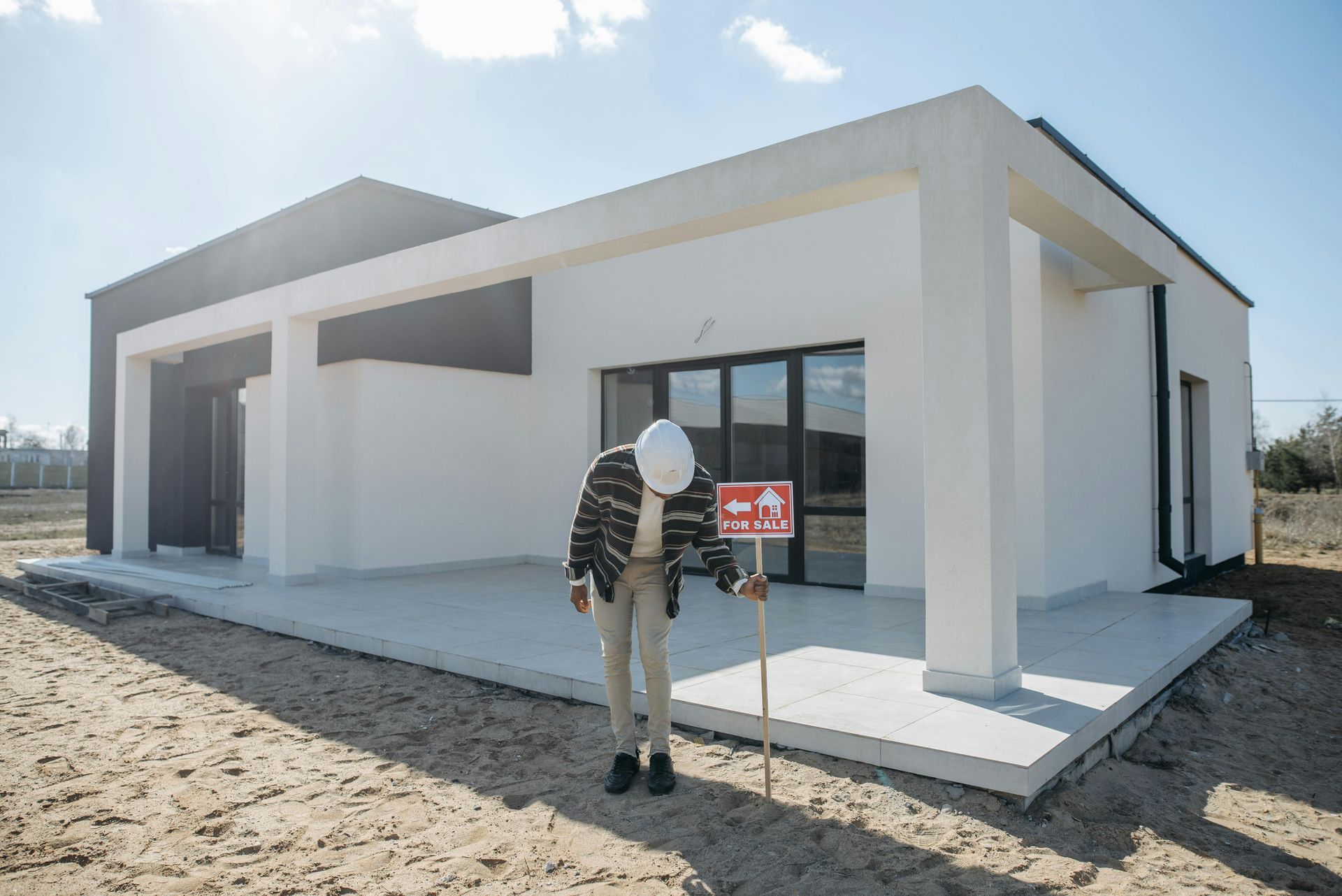Manatee County Short-Term Rental Regulations
Manatee County Short-Term Rental Regulations: A Guide for Airbnb & Vacation Rental Hosts

As short-term rentals continue to grow in popularity across Florida, it’s crucial for property owners and hosts to stay informed about local regulations. Manatee County, located along Florida’s Gulf Coast, offers unique opportunities for vacation rental businesses, but the regulatory landscape can vary significantly depending on the municipality. This guide will help you navigate the requirements, including what you need to operate legally, how to register your property, and key details on local tax obligations.
Understanding the Regulatory Landscape
Unlike some Florida counties, Manatee County does not have specific county-wide ordinances governing short-term rentals. This provides more flexibility for property owners in unincorporated areas. However, if your property is located within city limits—such as in Anna Maria, Bradenton Beach, Bradenton, or Holmes Beach—you will be required to follow the local regulations. Each municipality has its own requirements for registering short-term rentals, setting occupancy limits, and imposing other operational standards.
Step 1: Determine Your Property’s Location and Jurisdiction
The first step for any prospective short-term rental host is to identify whether your property falls under the regulations of a specific city within Manatee County or is located in an unincorporated area. Properties in unincorporated Manatee County are not subject to specific rental ordinances but are still governed by state laws, which we’ll discuss later.
For properties located in one of the four main cities, it is essential to familiarize yourself with the unique requirements of each. For instance:
- City of Anna Maria mandates annual registration and sets strict occupancy limits based on bedroom size.
- Bradenton Beach requires a city permit in addition to the state license.
- City of Bradenton enforces detailed registration through Ordinance 3093, which includes submitting floor plans and parking plans.
Step 2: Registering Your Short-Term Vacation Rental
Once you’ve determined the jurisdiction, the next critical step is registering your property. This process varies depending on the municipality.
For the City of Anna Maria
- Submit an annual registration form.
- Provide proof of a current Transient Public Lodging Establishment (TPLE) license from the Florida Department of Business and Professional Regulation (DBPR).
- Comply with local occupancy limits, which allow two persons per bedroom over 100 square feet, plus an additional two people for smaller rooms or common areas.
- Ensure that a responsible party is available 24/7 to respond to emergencies.
Bradenton Beach
Bradenton Beach also requires proof of DBPR registration and the submission of a floor plan and parking plan, in addition to obtaining a city-issued permit. Once registered, property owners must post their permit in a visible location on the rental property.
Bradenton
In Bradenton, the requirements are more detailed. Under Ordinance 3093, property owners must:
- Submit a completed registration application, which includes proof of ownership and sketches of the property’s exterior and interior.
- Provide a business tax receipt from the city.
- Ensure that the property complies with local occupancy and parking limits, with a maximum of 12 guests and 1 parking space for every 4 guests.
Failure to register your rental property in these cities can result in significant fines, often ranging from $100 to $500 per day. Additionally, cities like Bradenton and Anna Maria have introduced enforcement measures, including periodic inspections to ensure compliance with their respective ordinances.
Step 3: State-Level Requirements for Short-Term Rentals
Regardless of where your property is located in Manatee County, Florida state law requires short-term rental operators to comply with specific licensing and taxation rules. According to the Florida Department of Business and Professional Regulation (DBPR), if you rent out your property for periods of less than 30 days more than three times a year, you are required to obtain a Transient Public Lodging Establishment license. This license applies to entire homes, apartments, or any other types of short-term rental accommodations.
To apply for this license, you will need:
- A completed application form (Form HR-7020), available from the DBPR website.
- Proof of registration with the Florida Department of Revenue for collecting state sales tax and Manatee County Tourist Development Tax (TDT).
- Payment of the licensing fee, which ranges from $10 to $50 per unit.
The DBPR also conducts inspections of short-term rental properties to ensure they meet health and safety standards, such as the presence of smoke alarms, fire extinguishers, and compliance with the Residential Swimming Pool Safety Act for properties with pools. Non-compliance with these state requirements can result in penalties of up to $1,000 per violation.
Step 4: Navigating Local Tax Obligations
One of the benefits of buying a vacation home is the ability to use it as a vacation rental business and writing off expenses. In addition to obtaining the required state and local licenses, short-term rental owners in Manatee County are responsible for collecting and remitting two types of taxes:
- Florida state sales tax of 6%.
- Manatee County Tourist Development Tax (TDT) of 5%, which is applied to any short-term rental lasting six months or less.
Both taxes must be collected from guests and remitted to the appropriate agencies. Unlike some other counties, Manatee County does not have agreements with platforms like Airbnb or VRBO to collect taxes on your behalf. This means that you, as the host, are responsible for filing tax returns and ensuring compliance with all tax regulations.
To make sure your rental business stays compliant, register with the Florida Department of Revenue and the Manatee County Tax Collector. Filing deadlines for tax returns typically fall on a quarterly basis, and missing these deadlines could result in fines or penalties.
Related Article: Taxes on Vacation Rental Income
Step 5: Understanding Occupancy Limits and Parking Requirements
One of the most important aspects of operating a short-term rental in Manatee County's cities is adhering to local occupancy limits and parking requirements. These rules are designed to manage neighborhood impact and ensure safety for both guests and residents.
City of Anna Maria
In the City of Anna Maria, occupancy limits are based on the size of the bedrooms in the rental property. The maximum number of occupants allowed is calculated as:
- Two people per bedroom larger than 100 square feet.
- One person per bedroom between 70 and 100 square feet.
- In addition, two extra occupants are allowed, regardless of the bedroom size.
For example, if you have a three-bedroom rental where all bedrooms are over 100 square feet, the maximum occupancy would be eight people. These limits are enforced strictly, and violating them could lead to fines.
Parking is also a key concern in Anna Maria. Property owners must ensure that guests park only in designated spaces, and parking regulations should be included in the rental agreement and posted visibly on the property. This reduces the risk of guest vehicles crowding streets and disrupting local residents.
City of Bradenton Beach
Bradenton Beach enforces similar occupancy rules but adds a stricter requirement for larger properties. Occupancy is limited to:
- Two people per bedroom, plus two additional guests.
- Alternatively, one person per 100 square feet of conditioned living space, with a maximum of 12 people for any rental property.
Like Anna Maria, Bradenton Beach has strict parking regulations. All guest vehicles must be parked off the street, with at least one parking space per four occupants. It’s important to note that exceeding occupancy or parking violations can lead to fines or even suspension of your rental registration.
City of Bradenton
In Bradenton, Ordinance 3093 outlines clear occupancy and parking standards for short-term rentals:
- Occupancy is capped at 12 people total, with a maximum of two people per bedroom, plus two additional guests.
- Off-street parking must be provided for all guest vehicles, with one parking space required for every four guests.
Additionally, in Bradenton, rental properties must comply with noise ordinances that restrict loud noises during certain hours. If your guests violate noise restrictions, it could result in complaints from neighbors and potential penalties. Including clear noise and parking policies in your rental agreement and informing your guests before their stay will help prevent violations.
Step 6: Maintaining Compliance with Safety Standards
Safety standards for short-term rentals are not just a best practice—they are a legal requirement in Florida. Whether you operate your property in an unincorporated area of Manatee County or within city limits, your rental must comply with safety codes to protect both you and your guests.
Florida’s Residential Swimming Pool Safety Act
For rentals with a swimming pool, compliance with the Residential Swimming Pool Safety Act is critical. Florida law mandates that pools must be equipped with specific safety features, including:
- A barrier that surrounds the pool and isolates it from the home.
- A pool cover that meets state safety standards.
- Self-closing and self-latching devices on doors leading to the pool area.
Failing to meet these safety standards can result not only in fines but also potential liability if an accident occurs. If your rental has a pool, make sure you verify that it complies with state regulations.
Fire and Carbon Monoxide Safety
In addition to pool safety, fire and carbon monoxide detection is a must for all short-term rentals. The following safety measures are required:
- Smoke detectors in every bedroom and outside sleeping areas.
- Carbon monoxide detectors if your property uses gas appliances.
- Fire extinguishers in visible and accessible locations.
These safety devices should be tested regularly to ensure they are functioning properly, and their locations must be included in the rental property’s floor plan and posted for guests. As part of the DBPR inspection, failure to have these safety features could prevent you from obtaining or renewing your vacation rental license.
Inspection and Posting Requirements
In most municipalities within Manatee County, your rental will be subject to inspection by either local authorities or the DBPR. For example, in the City of Bradenton, properties must be available for inspection before registration is approved. Inspectors will check for:
- Compliance with occupancy and parking regulations.
- Adequate safety features such as smoke alarms, fire extinguishers, and carbon monoxide detectors.
- Proper posting of the Certificate of Registration, local contact information, and the rental’s maximum occupancy limit.
In Bradenton Beach, once registered, a permit must be visibly posted on the exterior of the property at all times while the property is being rented. Additionally, a sign must be posted inside the property with important information such as emergency contacts, trash and recycling schedules, and noise restrictions.
Step 7: How to Handle Complaints and Code Violations
Navigating the day-to-day operation of a short-term rental means ensuring compliance with all local rules, but there may still be instances where complaints arise from neighbors or guests. Understanding how to handle these issues promptly can save you from larger problems.
Responding to Noise and Occupancy Complaints
In municipalities like Anna Maria and Bradenton, enforcement officers often respond to complaints about noise and overcrowding. As a short-term rental owner, it’s essential to:
- Ensure guests understand noise restrictions before their stay.
- Monitor guest occupancy to prevent overcrowding.
- Maintain open lines of communication with guests during their stay to address any issues promptly.
If a complaint is made, having a local contact available 24/7—as required in Anna Maria—will allow for a quicker response and potentially mitigate fines or penalties.
Dealing with Parking Violations
Parking is a frequent source of conflict between rental guests and local residents. To avoid parking issues, make sure that:
- Parking instructions are clearly listed in the rental agreement.
- You provide a detailed map showing where guests can and cannot park.
- You inform guests of the potential penalties for violating parking rules.
Failure to adhere to these rules can result in citations or the temporary suspension of your short-term rental registration.
Step 8: Managing Taxes for Short-Term Rentals in Manatee County
In addition to registering your property and complying with local regulations, it's important to understand your tax obligations as a short-term rental owner in Manatee County. There are two key taxes you need to be aware of: Florida state sales tax and the Manatee County Tourist Development Tax (TDT).
Florida State Sales Tax
Florida imposes a 6% sales tax on all short-term rentals (rentals of six months or less). As a rental operator, you are required to register with the Florida Department of Revenue (DOR), collect the tax from your guests, and remit it to the state. To stay compliant:
- Register with the DOR for a sales tax certificate.
- File returns and remit the collected tax on a monthly or quarterly basis, depending on the volume of your rental income.
- Keep detailed records of all rental transactions and tax payments to ensure transparency in the event of an audit.
Manatee County Tourist Development Tax (TDT)
In addition to state sales tax, you must also collect a 5% Tourist Development Tax (TDT) on short-term rentals. This tax is used to fund tourism-related projects in the county. As a rental host, it’s your responsibility to:
- Register with the Manatee County Tax Collector to obtain an account for remitting the TDT.
- Collect the 5% TDT in addition to the 6% state sales tax, for a total of 11% on all short-term rental stays.
- File your TDT returns and remit payments quarterly. Deadlines for returns are the 1st of the month following the end of each quarter (April 1, July 1, October 1, and January 1).
Pro Tip: Since Manatee County does not have an agreement with platforms like Airbnb or Vrbo to automatically collect and remit taxes, you must manage tax collection and payments on your own. Consider using vacation rental management software to simplify this process and ensure you don’t miss filing deadlines.
Step 9: Hiring a Local Property Manager
Managing a short-term rental in Manatee County can be complex, especially with varying regulations across different cities and stringent state requirements. At Home Team Vacation Rentals, we take the guesswork out of compliance, providing full-service management to ensure that your property remains in line with all local and state rules. From handling permits to meeting safety standards, we’ve got you covered.
Comprehensive Compliance Services
When you partner with us, we handle all the administrative aspects of managing your vacation rental, so you don’t have to worry about the paperwork or regulatory hurdles. This includes:
- Obtaining permits and licenses: We manage your registration with the city (such as Bradenton or Anna Maria) and the Florida Department of Business and Professional Regulation (DBPR).
- Meeting occupancy limits and parking requirements: We ensure your property complies with the local rules, including calculating maximum guest occupancy and parking.
- Adhering to safety standards: We ensure your property meets all the necessary safety codes, from pool safety to smoke and carbon monoxide detection.
By managing these details, we ensure that your property remains fully compliant, avoiding fines and penalties while maximizing its revenue potential.
Effortless Management of Taxes
We also handle tax obligations for your short-term rental, ensuring that both Florida state sales tax and the Manatee County Tourist Development Tax (TDT) are collected and remitted on time. This includes:
- Registering your property with the Florida Department of Revenue and the Manatee County Tax Collector.
- Filing quarterly tax returns and submitting the required 11% tax (6% state sales tax and 5% TDT).
Since Manatee County does not have agreements with booking platforms to automatically collect taxes, we manage this process for you, giving you peace of mind that everything is being handled correctly.
Step 10: Maximize Your Rental Income with Smart Pricing and Holistic Marketing
At Home Team Vacation Rentals, we don’t just handle compliance — we help you maximize your rental income through data-driven pricing and strategic marketing. Here’s how we do it:
- Smart Pricing Strategies: We use the latest technology to ensure your property is priced competitively. Factors such as occupancy rates, seasonality, holidays, and local events are analyzed to adjust prices dynamically, ensuring that your property stays booked at the highest possible rate.
- Holistic Marketing Approach: Your property deserves maximum exposure. We create optimized listings tailored to each platform, such as Airbnb and Vrbo, to reach a wide audience. Our marketing strategies ensure your property is visible across multiple channels, including online travel agencies (OTAs) and search engines, boosting your occupancy rate.
By partnering with industry leaders and utilizing cutting-edge tools, we help you achieve top-tier performance in the vacation rental market.
Resources
Below is a curated list of resources to help you get started with registering your short-term rental and complying with state and local requirements. Click the links to visit the respective sites:
- Florida Department of Business and Professional Regulation (DBPR) - Vacation Rental License
Apply for a DBPR Vacation Rental License - Florida Department of Revenue - Sales Tax Information
Register for a Sales Tax Certificate - Manatee County Tourist Development Tax (TDT)
Manatee County TDT Information and Registration - City of Anna Maria - Vacation Rental Regulations
Anna Maria Vacation Rental Registration
Anna Maria Noise Ordinance (PDF) - City of Bradenton Beach - Vacation Rental Regulations
Bradenton Beach Vacation Rental Regulations - City of Bradenton - Ordinance 3093 and Registration
Bradenton Vacation Rental Ordinance 3093 (PDF) - City of Holmes Beach - Vacation Rental Certificate Information
Holmes Beach Vacation Rental Regulations - Manatee County Planning and Zoning Division
Manatee County Planning Department
Phone: (941) 748-4501 ext. 6894 - Senate Bill 280 (2024 Legislative Session)
Florida Senate Bill 280
Home Team Vacation Rentals Resources
- Manatee County Airbnb & STR Management
- Anna Maria Airbnb & STR Management
- Bradenton Beach Airbnb & STR Management
- Holmes Beach Airbnb & STR Management
- Longboat Key Airbnb & STR Management



